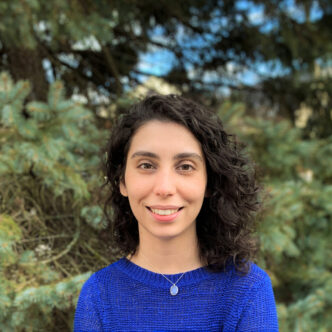Tânia Baltazar, PhD

Human Immune Recognition of 3-D Printed Vascularized Skin Grafts
Summary
Organ transplantation is the most effective therapy for end-stage organ failure but its use is limited by a lack of available organs. 3-D bioprinting technology has the potential to solve this problem by creating tissue-engineered organs. Successful engraftment will require the incorporation of perfused micro-vessel networks to provide nutrients and oxygen to these organs. Human endothelial cells (ECs) from different donor sources to the graft recipient can be used to successfully generate 3-D bio-printed micro-vessels but are capable of initiating rejection after transplantation. Using 3-D printed skin as a model tissue, this project will determine if ECs that have been genetically modified to evade the host immune system can still provide perfusion without initiating rejection. The study proposes to first determine if a model human-engineered tissue (3-D printed skin) containing a human microvasculature that can engraft and become perfused when implanted on an immunodeficient mouse host will be rejected by elements of human immune system (T cells and/or antibody) from another donor. Moreover, the project will investigate if genetically modifications of human ECs that eliminate the ability to activate the human immune system can be used to create an “off-the-shelf” 3-D printed skin graft that evades rejection.
I am very grateful to the PhRMA Foundation for supporting my career goal to work as a tissue engineer to improve treatments for patients. With this award, I will have the opportunity to develop new therapeutic solutions to overcome organ transplantation rejection by designing 3-D printed bioengineered organs that can evade rejection. I am very excited to make a real contribution to public health that will eventually lead to significant advances in medical practice.
